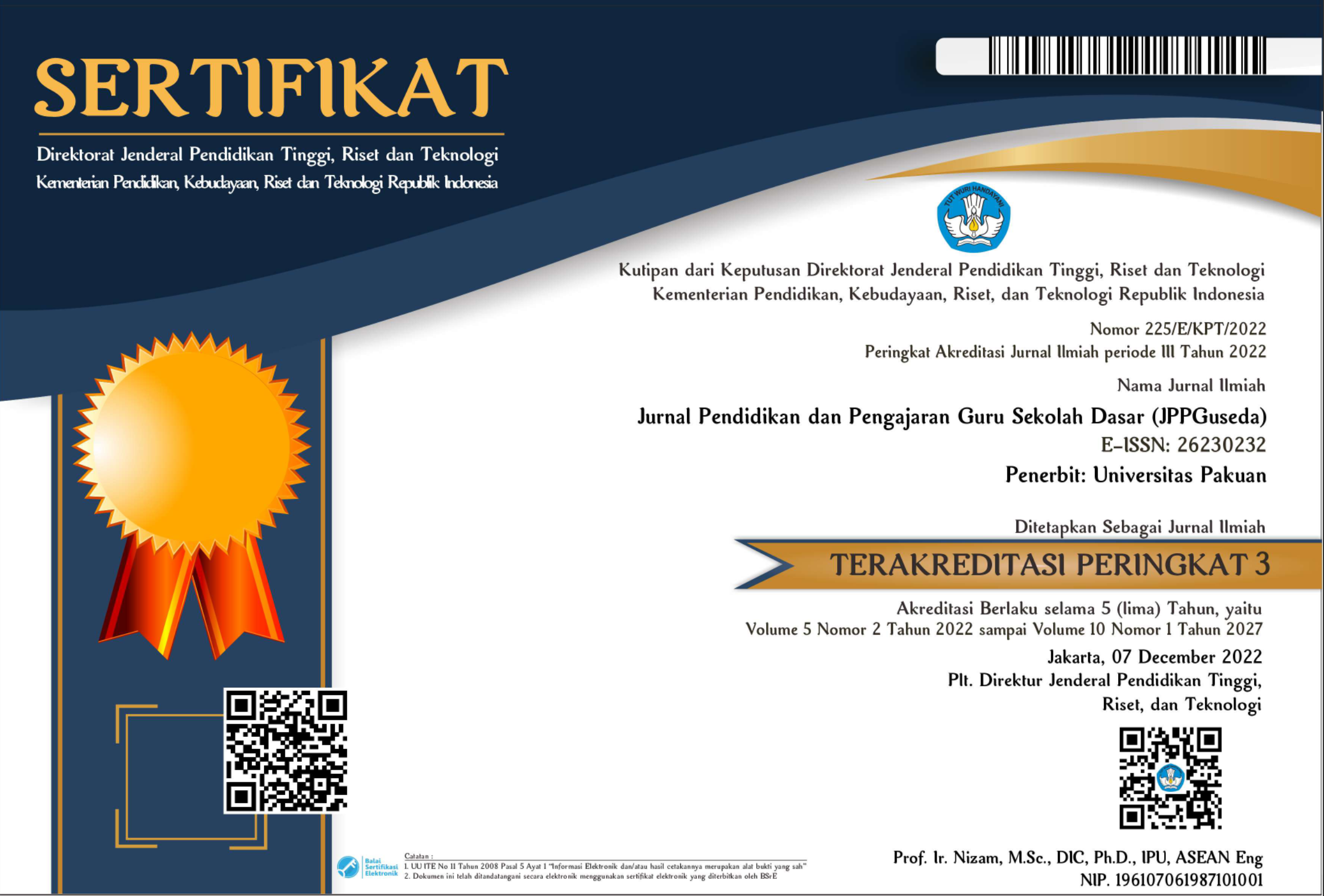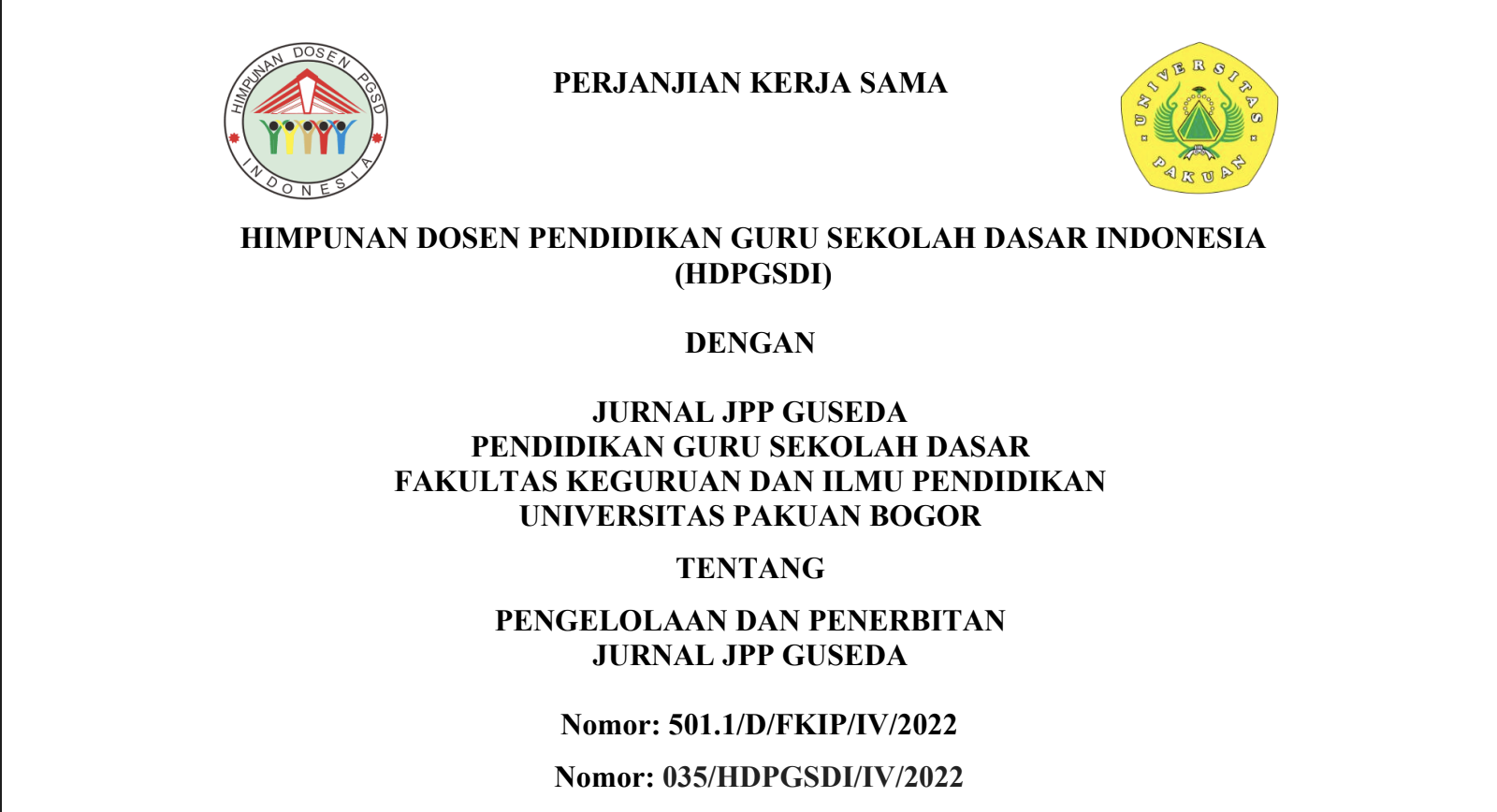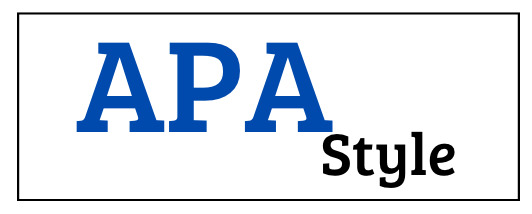THE ROLE OF THE EDUCATOR IN IMPROVING THE LEARNING PROCESS THROUGH THE PAULO FREIRE PROBLEM METHOD
Abstract
This research aims to look at how to improve the role of educators in the learning process, especially through Paulo Freire's problematic education concept. As it can achieve the expected goals in the learning process, the role of educators is very important. This study employs a qualitative method with a descriptive design in which it provides a careful description of certain individuals or groups about the conditions and symptoms that occur. In this study, the author uses data techniques based on analyzing the thoughts, biographies, and especially in the concept of problems with the perspective of Paulo Freire descriptively. Traditional methods are still widely used by educators today who are lacking in the learning process, which according to Paulo Freire is called the concept of bank style or the existence of oppression of students, with educators as the dominating party, and arguably are the same direction as students. In this case, the author uses the concept of Education Against Problems to streamline the learning process that can be used to achieve a goal. The educator along with the learner is placed as an educational subject who knows himself, in order to achieve more knowledge in the form of purity and knowledge as an object. Therefore both parties are in the same position as learners, and interact in providing knowledge information in a straight line.
Keywords
References
Tawfik, A.A., Gatewood, J., Gish-Lieberman, J.J. et al. (2022). Toward a Definition of Learning Experience Design. Tech Know Learn 27, 309334. https://doi.org/10.1007/s10758-020-09482-2.
Lachner, A., Hoogerheide, V., van Gog, T. et al. (2022). Learning-by-Teaching Without Audience Presence or Interaction: When and Why Does it Work?. Educ Psychol Rev 34, 575607. https://doi.org/10.1007/s10648-021-09643-4.
Flores, M.A., Barros, A., Simão, A.M.V. et al. (2022). Portuguese higher education students adaptation to online teaching and learning in times of the COVID-19 pandemic: personal and contextual factors. High Educ 83, 13891408. https://doi.org/10.1007/s10734-021-00748-x.
Rosenberg, J.M., Krist, C. (2021). Correction to: Combining Machine Learning and Qualitative Methods to Elaborate Students Ideas About the Generality of their Model-Based Explanations. J Sci Educ Technol 30, 268. https://doi.org/10.1007/s10956-020-09883-z.
Ali, M., & Asrori, M. (2018). Psikologi Remaja. Jakarta: Bumi Aksara.
Slameto. (2015). Belajar dan faktor-faktor yang mempengaruhinya. Cetakan Keenam. Jakarta: PT Rineka Cipta.
De Houwer, J., Barnes-Holmes, D. & Moors, A. (2013). What is learning? On the nature and merits of a functional definition of learning. Psychon Bull Rev 20, 631642. https://doi.org/10.3758/s13423-013-0386-3.
Cropper, A., Morel, R. (2021). Learning programs by learning from failures. Mach Learn 110, 801856. https://doi.org/10.1007/s10994-020-05934-z.
Thobroni. 2016. Belajar dan Pembelajaran Teori dan Praktek. Jakarta : AR-RUZZ MEDIA
Habel. (2015). Peran Guru Kelas Membangun Perilaku Sosial Siswa Kelas V Sekolah Dasar 05 di Desa Setarap Kecamatan Malinau Selatan Hilir Kabupaten Malinau. E-Journal Sosiatri-Sosiologi Vol. 3 Samarinda : Universitas Mulawarma.
Liou, YH., Moolenaar, N.M. & Daly, A.J. (2016). Developing and assessing educator beliefs about the common core. Educ Asse Eval Acc 28, 377404. https://doi.org/10.1007/s11092-015-9227-4.
Wright, N., Miller, E., Dawes, L. et al. (2020). Beyond ‘chalk and talk: educator perspectives on design immersion programs for rural and regional schools. Int J Technol Des Educ 30, 3565. https://doi.org/10.1007/s10798-018-9487-7.
Patwardhan, M., Murthy, S. (2017). Designing Reciprocative Dynamic Linking to improve learners Representational Competence in interactive learning environments. RPTEL 12, 10.
Zhang, H., Li, H. (2022). Interactive spatio-temporal feature learning network for video foreground detection. Complex Intell. Syst. https://doi.org/10.1007/s40747-022-00712-x.
https://doi.org/10.1186/s41039-017-0046-8.
Baherimoghadam, T., Hamedani, S., mehrabi, M. et al. (2021). The effect of learning style and general self-efficacy on satisfaction of e-Learning in dental students. BMC Med Educ 21, 463. https://doi.org/10.1186/s12909-021-02903-5.
Brink, H., Kilbrink, N. & Gericke, N. (2022). Teaching digital models: secondary technology teachers experiences. Int J Technol Des Educ 32, 17551775. https://doi.org/10.1007/s10798-021-09659-5.
Sugiyono (2017). Penelitian Kualitatif, Kuantitatfif, dan R&D. Bandung: Alfabeta.
Komariah, Aan dan Satori, Djaman. 2017. Metodologi
Penelitian Kualitatif, Bandung: Alfabeta.
Hamalik, Oemar. (2017). Kurikulum dan Pembelajaran. Bandung: Bumi Aksara.
Fujii, T. (2016). Designing and adapting tasks in lesson planning: a critical process of Lesson Study. ZDM Mathematics Education 48, 411423. https://doi.org/10.1007/s11858-016-0770-3.
Rosyada, Dede (2017)Madrasah dan Profesionalisme Guru,: Kencana, Depok.
Hugerat, M. (2016). How teaching science using project-based learning strategies affects the classroom learning environment. Learning Environ Res 19, 383395. https://doi.org/10.1007/s10984-016-9212-y.
Ertikanto, Chandra. (2016). Teori Belajar Dan Pembelajaran. Bandar Lampung: Media Akademi
Buchori, Muchtar. (2014). Ilmu Pendidikan dan Praktek Pendidikan. Yogyakarta: Tiara Wacana.
Freire, Paulo. (2014). Pendidikan Kaum Tertindas. Terj. Agung Prihantoro. Jakarta:LP3ES.
Chang, CP., Hsu, CT. & Chen, IJ. (2013). The relationship between the playfulness climate in the classroom and student creativity. Qual Quant 47, 14931510. https://doi.org/10.1007/s11135-011-9603-1.
Khamparia, A., Pandey, B. (2020). Association of learning styles with different e-learning problems: a systematic review and classification. Educ Inf Technol 25, 13031331. https://doi.org/10.1007/s10639-019-10028-y.
DOI: 10.55215/jppguseda.v5i2.5977
 Abstract views : 747
Abstract views : 747
Refbacks
- There are currently no refbacks.
Copyright (c) 2022 Jurnal Pendidikan dan Pengajaran Guru Sekolah Dasar (JPPGuseda)

This work is licensed under a Creative Commons Attribution-NonCommercial 4.0 International License.




















